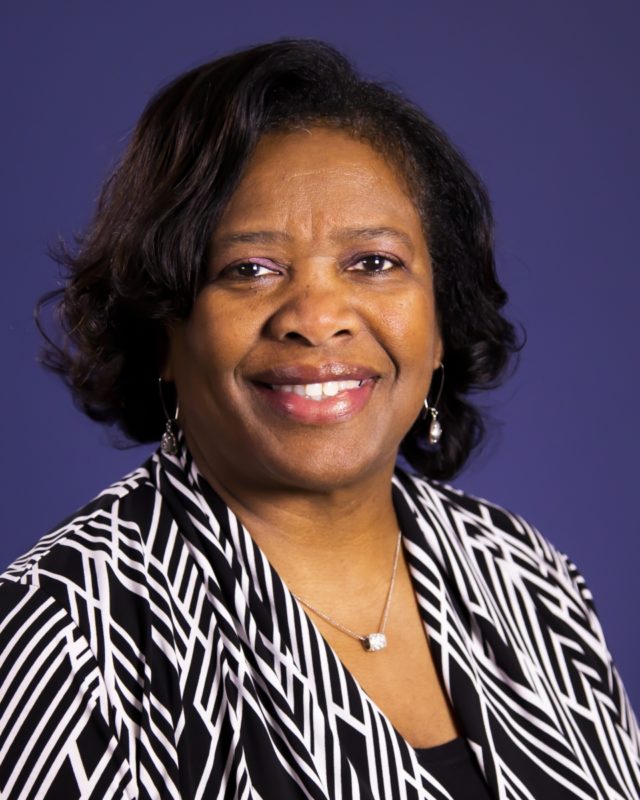During my childhood, I found myself in a challenging school environment. Through no fault of myself or my siblings, our peers did not welcome us. It was the civil rights era and we had recently enrolled as the first black children in the well-funded “white school” in my Southern hometown, after the courts gave us the go-ahead.
My life would have been easier in a different situation. But, with guidance and dedication from the educators at our school who supported us, I learned a valuable lesson that sticks with me to this day. I want to share this lesson with you for two reasons. First, because it is American Education Week. Second, because we are in an era when everyone seems to agree that we want and expect more successful outcomes for our students — as it should be, since they’re our future leaders. Many people will offer ideas, many practices will be proposed, for our students’ education. What works in any given community may be hard to predict, but what I learned from my childhood teachers is something that applies everywhere, to all of us.
The role of the educator is to help to unearth and shape the great potential our students come with. There was one teacher in particular who expressed confidence in my writing ability. It was the first time I had heard anyone say this, and the words seemed to open up a future of possibilities I couldn’t see before. This is one of the incredible things about teaching. Educators can take pride in many other people’s accomplishments, because they help make those accomplishments possible.
From this one teacher, named Mary Thompson, I learned the power of a supportive voice in one’s life. It is easier to achieve academically — or professionally as an adult — when you are supported, socially and emotionally. Educators know this well. They reach out to students to see how their days are going, and whether they have everything they need both inside and outside of school. This work of the heart is the core of education. Our state as a whole today is putting more weight behind this wisdom, for example by funding mental health supports and embracing social and emotional learning.
At the Department of Public Instruction, one of our five focus areas is encouraging positive relationships between students and the adults in their school. Another is helping all students feel safe and supported. These are protective hands that cradle a child so they can realize the benefit of other focus areas around instruction, leadership, and partnering with families and communities.
But the lesson I learned about the power of a supportive voice is not just for the classroom. It is for our whole society. When we talk about people, an organization, or an entire system, we have a choice. Down one path, we let any amount of failure to reach our dreams become an excuse to become negative and give up on ourselves, others, or our whole society.
Or, like the best teachers from your childhood, we maintain high expectations while also celebrating successes along the way. Like great educators, we remember that all of us are in this continuous cycle of learning throughout our lives. We remember that when we build up other people, or improve existing systems, we help everyone work better and everyone benefits.
In this spirit, my request of you is your positive partnership.
Schools are the lifeblood of our communities, and they share with families and communities a need to help youth become contributing adults. We can only create the right environment for this to happen through the work of many hands: positive, collaborative relationships in which all voices are heard. Your teachers, school leaders, and education system value your input. In fact, today many in education are working to build stronger partnerships with families and communities.
Please share your positive energy, your ideas, and your time at the school, district, and state level not only during American Education Week, but all year round. Look for opportunities to thank a classroom teacher, support staff, school leader, or other educator for contributions to the life of your child, grandchild, or neighbor; lend your voice to recognizing and celebrating them outside of school; and join me in the positive, collaborative spirit that will bring the best for our students and our state.










